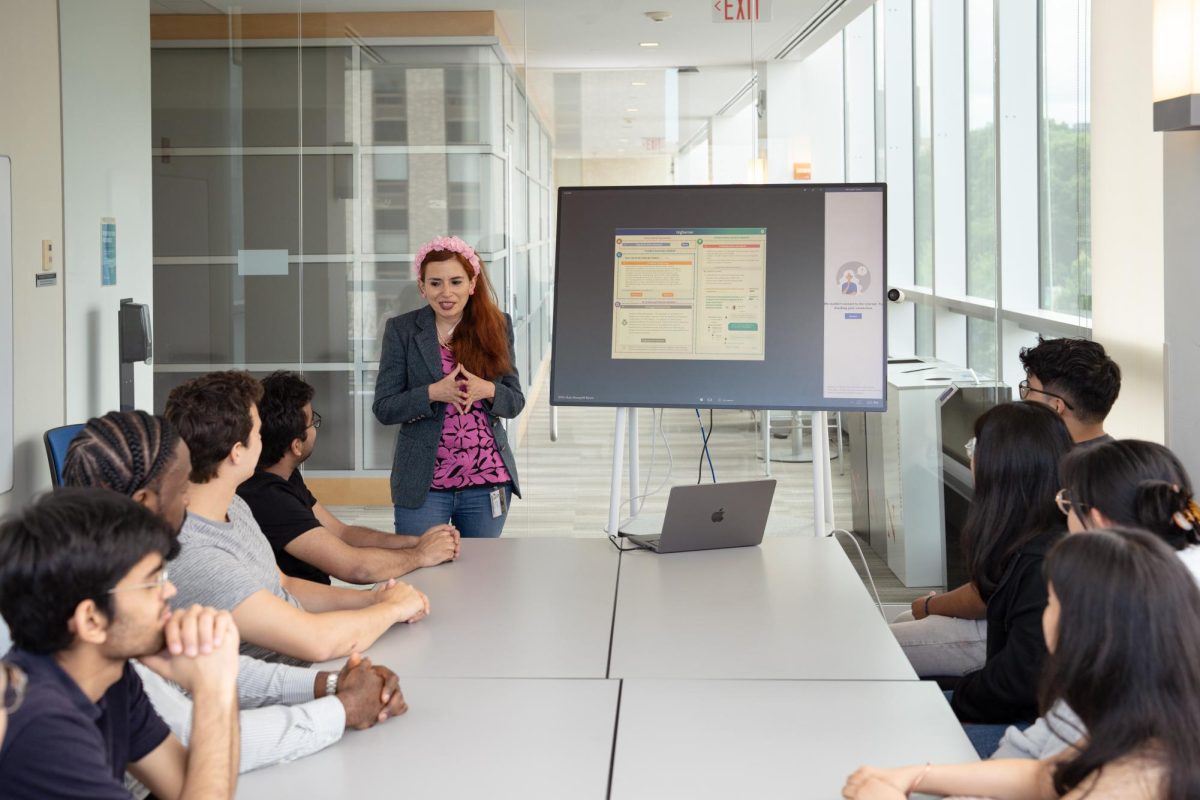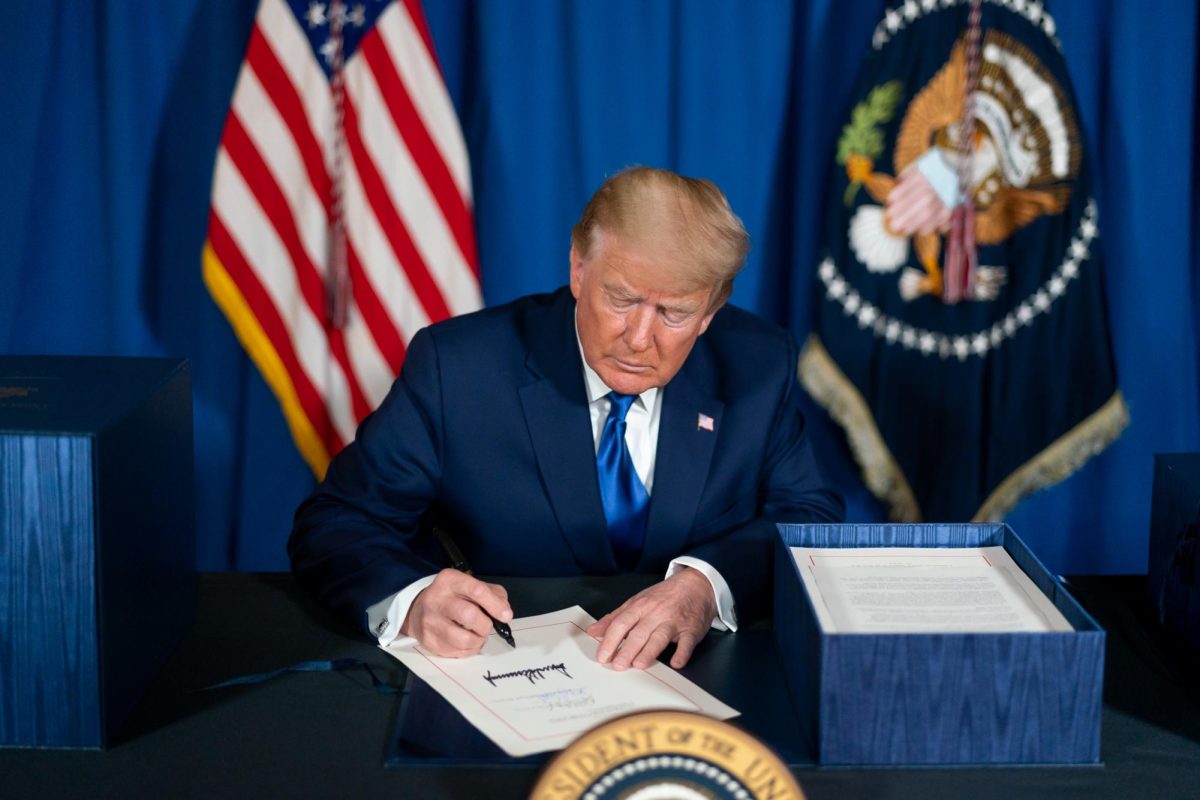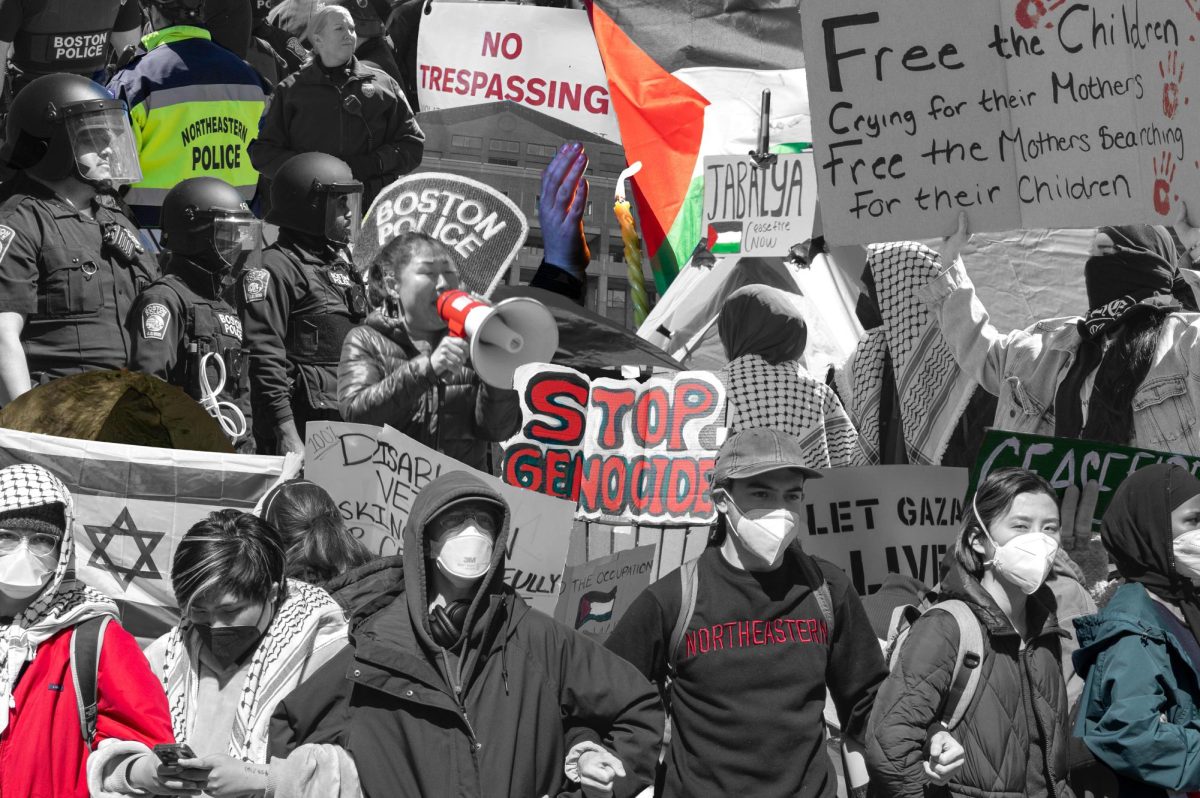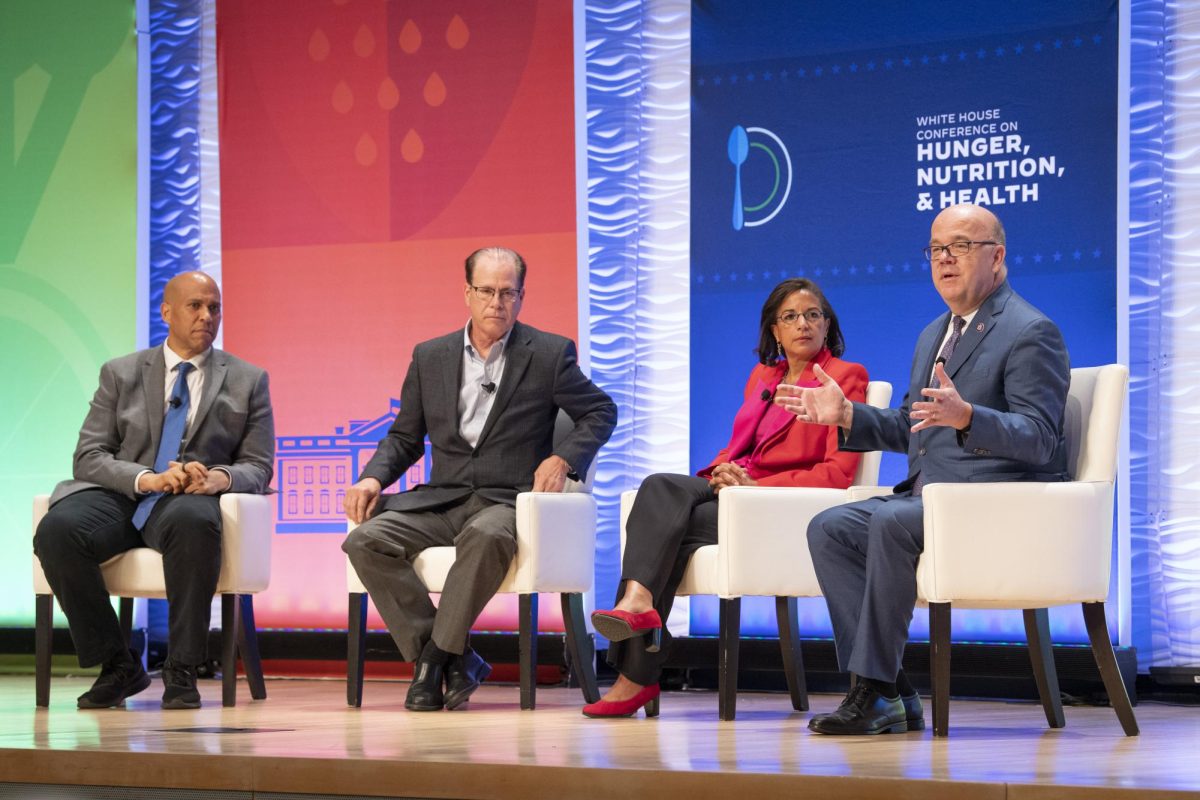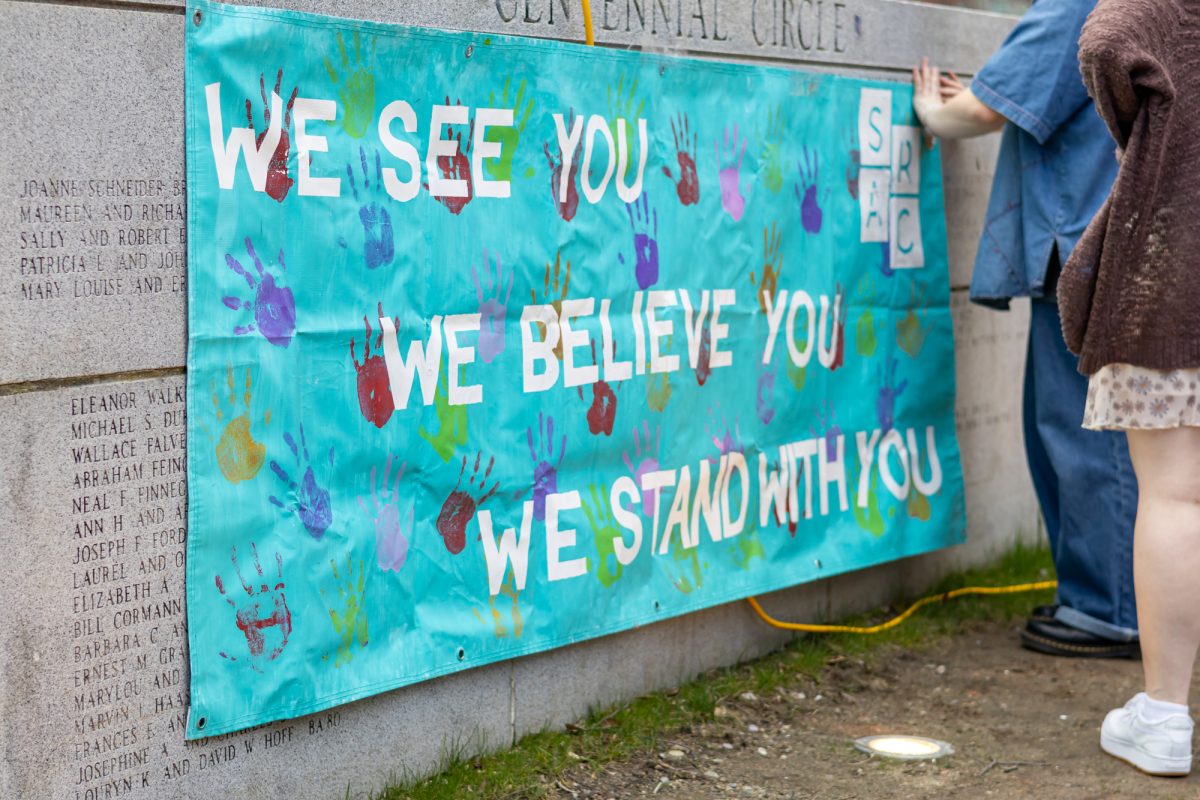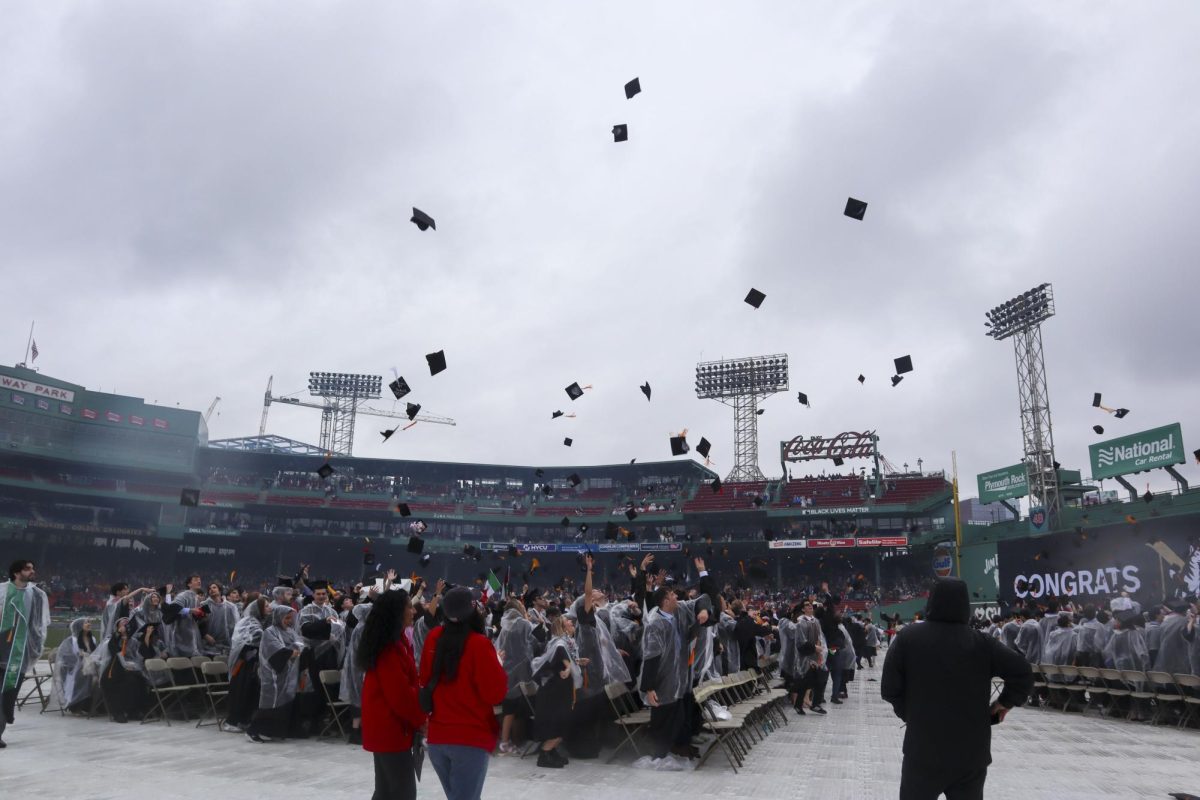Since this war began, I have felt awful. Sporadic fits of sadness, anger and nausea have made it difficult for me to live my life. During the first ten days of the conflict, I couldn’t figure out the roots of my affliction. All the civilian deaths and American casualties in Iraq naturally repel me, but it felt like something closer to home was bothering me. So on Saturday, in a desperate search for answers, I decided to check out the anti-war rally on Boston Common. There I discovered that my diminished wellness stems from a cloud of negativity in the air that is perpetuated by unpatriotic hardliners in both the pro and anti-war movements.
Thinking about some of the extremists on both sides, I find them unpatriotic and literally sickening, as I will explain. I want to applaud those who I felt were working in the best traditions of American self-expression. My only hope is that NU students, no matter where they stand on the war, will consider my experience and express themselves in a way that is respectful toward others, consistent with American values, and conducive to the wellness of yours truly.
When I first exited the Park Street T station on Saturday morning, my blood immediately started boiling at the sight of remarkably ignorant pro-war demonstrators. “You cowards! You traitors!” repeated one ball-capped young man pointing to the anti-war people. “Dictators love cowards!” Though I didn’t want to get in the fray before my morning coffee, I wanted to tell the kid that he has no idea what America’s about. I wanted to tell him that criticizing our government is an American tradition that goes all the way back to the founding fathers, and that, when someone publicly displays disdain for what he or she considers objectionable public policy, that person is actually fulfilling the colonists’ vision for a free America. These right-wingers near the T stop were unpatriotic, because, notwithstanding their own right to free speech, they grossly misused the word “traitor.” This word has had a sacred space in our national lexicon since the days of Benedict Arnold, and hearing it thrown around puts an angry knot in my stomach.
As I moved away from these ultra-nationalists, my frustration subsided momentarily, only to be swiftly recollected by a communist sermonizing on the evils of capitalism. Again, I have no qualms with his right to free speech, but I would call him unpatriotic nonetheless. The fact is, our Declaration of Independence was inspired by the philosophy of John Locke, who held that the protection of private property, particularly the property of one’s own labor, is one of the cornerstones of a free society. Left-wing class warriors need to wake up and realize that a communist America would not be America. These self-righteous windbags who don’t support the basic ideas expressed in the Declaration of Independence and the Constitution are not patriots. Though there weren’t many of them, the knot in my stomach was back, only it was tighter now, coupled with a sense of disorientation.
Continuing along the path, up the hill toward the statue, I started feeling better. I saw three groups of people that helped alleviate my hardliner-induced nausea. First there were two men, dressed in jail-bird suits, wearing remarkably realistic masks of Bush and Cheney. Now I’ve never thought that the conversation about disarming Iraq should be about Bush-bashing, but these outfits made me laugh rather than fume. A little bit of laughter was just what I needed at the time. Second were some artists who were holding beautiful and elaborate signs gracefully calling attention to anti-war messages. I felt that these folks — who created aesthetically pleasing signs, which clearly took hours of hard work to complete — actually earned my attention. Unlike the Communists, who seemed to feel entitled to public attention, these artists showed respect for their audience by putting forth creative effort. Last, there were the drum circles at the top of the hill, under the tall statue. Passing these, I caught a sense of spirituality and inclusiveness. It seemed clear that anyone could join, regardless of class, race, age or gender. This arrangement seemed uniquely American to me. I was feeling better now. The jailbirds, the artists and the drummers all helped quash the anguish that the doctrinaire had stirred inside me.
All three of these refreshing forms of protest — the theatrical parody, the elaborate display and the spirited soundscape, respectively — showed me that many of the rally’s participants were interested in more than simply mouthing off. By engaging in multi-sensory self-expression — a powerfully entertaining form of free-speech — the thespians proved themselves determined to exercise their rights in an appealing manner. This means that they were using their rights to actually reach out and make a difference, something of which James Madison, the architect of the Constitution, would be proud of.
I continued wandering around the rally and found thousands more protesters, some making me sick, and then some making me feel better again. It was a rather bizarre cyclical experience unlike any I had before. My lessons from the weekend, however, are crystal clear: I now know that I’m mostly nauseated by those whose view on the war I perceive to be extreme and intolerant. Also, I now strongly feel that the degree of one’s patriotism is not determined by his/her stance on the war, but rather how he/she expresses it. I commend those on both sides who express their views in an interesting and tolerant way. The unpatriotic hardliners, however, who feel entitled to force their views on others, literally make me sick.
– Comments for Joe Goldberg may be sent
to comments@nu-news.com


